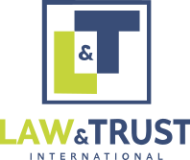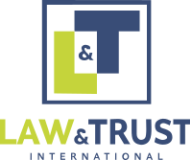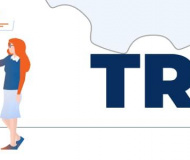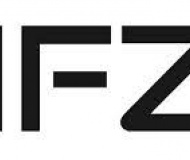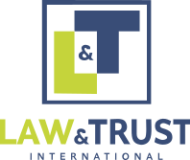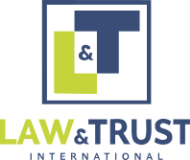Operator of non-banking financial services (electronic money) in Germany
News:
Date added: 09.06.2015The procedure of registration as the electronic money operator (E-Geld-Institut) in the German financial sector is provided for by Section 32 Gesetz Uber das Kreditwesen (hereinafter - the Banking Act) and requires the approval and authorization of the Federal Financial Supervisory Agency - Bundesanstalt für Finanzdienstleistungsaufsicht (BaFin).
The law divides operators into credit institutions and financial services institutions (Section 1a), which differ in that the former can conduct credit operations, while the latter can not.
In addition to the regular requirements in accordance with Section 25n of the Law, electronic money providers undergo a special due diligence procedure to verify compliance with AML requirements.
The legal form excludes private entrepreneurship and complicates activities in the form of partnerships, in which each "reliable partner" should receive an individual license.
Thus, the company providing electronic payment services is better to be registered in the form of a joint-stock company or a limited liability company necessarily with a head office in Germany.
Electronic money in Germany is considered as any electronic medium or device with a monetary value in the form of a requirement for an issuer, issued in exchange for the payment of a cash amount for conducting payment and also accepted by other parties other than the issuer. Therefore, the issuing companies are subject to the Law on the Supervision of Payment Services and the license to provide payment services is included in the license for transactions with electronic money.
Licensing of such activities is mandatory on the basis of clause 1a § 8a of the Law on the Supervision of Payment Services (Gesetz über die Beaufsichtigung von Zahlungsdiensten (Zahlungsdiensteaufsichtsgesetz - ZAG).
In order to obtain a license, the company is obliged to provide a business model, business plan and financial plan for three years, indicating the sources of compliance with conditions of § 13 ZAG, namely:
The Federal Agency may issue a permission only if the following mandatory requirements are met, otherwise the permission must be refused:
- The applicant must be a legal entity (§ 9, Clause 1, ZAG).
- The application must contain sufficient information and documents (§ 9, Clause 2, ZAG).
- Resources required for business operations, in particular sufficient initial capital, should be available (§ 9, clause 3, ZAG). - minimum of 50,000 euros for payment institutions that provide only electronic payment services.
Among the requirements for the authorized capital, the ZAG Payment Services Supervision Law in paragraph § 12a Eigenkapital bei E-Geld-Instituten contains the requirement that the authorized capital should be in reasonable proportion with the volume of services provided.
For this purpose, the BaFin uses three methods when considering the issue of authorization (methods "B" and "C" mainly for operating enterprises):
A) The authorized capital should constitute 10% of planned expenses of the first year of activity,
B) The scaling factor/coefficient is applied to the volume of services provided, with a factor of about 0.5%, where as a result of the calculations it is possible to come to approximately 12% of gross income (in this case, the amount of the authorized capital can be agreed upon in consultation with the BaFin before the business plan is provided) ,
C) It is the same as method "B", but another scaling factor is used, as a result of which the need for capital of not less than 80% of the percentage ratio of capital/turnover of previous periods (average proportions for three fiscal years depending on fluctuations of working capital) is calculated. In the model calculation according to this method, the regulator comes to the value of the authorized capital - 1 million 200 euros with a turnover of 47 million euros.
In the context of what has been indicated, it should be noted that Article 57 (A and B) of the Directive 2006/48/EC requires that the initial capital of the electronic money provider should exceed 350,000 euros (previously, minimum was 1 million euros). Thus, in any calculations, it will not be smaller.
After the enterprise obtains the license (under the license, there is an administrative service for permission to carry out activities in the amount up to EUR 15 000 for the category "electronic money and electronic settlements" - paragraph (1) and (2) of ZAG pursuant to clause 9.1.1.2 of the Regulation on administrative services of the Federal Agency for Financial Supervision (Verordnung über die Umlegung von Kosten nach dem Finanzdienstleistungsaufsichtsgesetz (FinDAGKostV)), it is entered into the Public Register of Authorized Electronic Money Institutions and can start operating.
The cost of the license is not final - in case of expanding the range of activities, additional administrative services will be required for each of them.
The services of the operator of electronic payment systems are a promising international business. If you want to quickly obtain a license to provide non-bank financial services in Germany, feel free to contact Law&Trust International. Experience and professionalism of the specialists of our company will guarantee your success in the market of electronic financial services.
Our principles are legality, confidentiality and reliability.
Our main priority is Your comfort. Therefore, we undertake all procedures provided for by the rules for obtaining a license. And you get a turnkey service from us.


